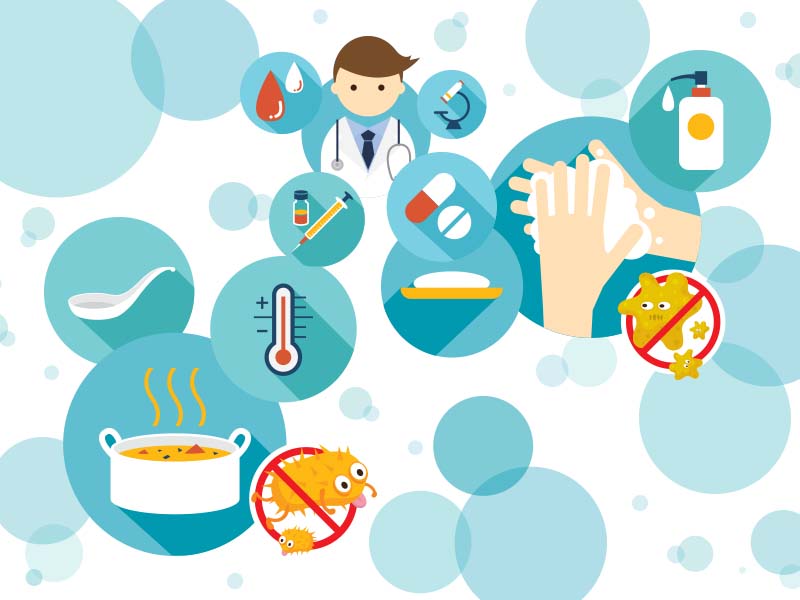So you’ve caught a nasty cold and you’ve heard all that talk about how Mom’s chicken soup cures what ails you. But is it true? Should you really pass the soup when you have the sniffles? What actually works when it comes to curing a cold and what is merely a myth?
The idea of sipping chicken soup as a remedy for the common cold has been around since the twelfth century, and, as it turns out, it actually can work. Warm liquid from soup can ease congestion by increasing mucus flow.
“Chicken soup has been found to help facilitate nasal drainage associated with the common cold (also known as the rhinovirus) and helps alleviate symptoms,” says Dr. Paa-Kofi Obeng, an internist with Nansemond Suffolk Family Practice.
Warm tea or warm apple juice also helps treat symptoms, but there is no evidence that gurgling with salt water does, nor upping your intake of garlic, the herb Echinacea, or taking antibiotics. While increasing your dosage of Vitamin C won’t necessarily prevent a cold, it could aid with how long the cold will last. “There is some evidence that Vitamin C helps shorten the length of a cold,” Obeng says. “Zinc also helps inhibit the replication of the cold virus and shortens the length of a cold.”
Despite the common belief that you catch a cold when it is cold outside or if you are caught in the rain, that, too, is also a myth.
“There is no correlation between environmental exposure and catching a cold,” says Obeng. The cold virus is mostly spread through hand-to-hand contact with an infected person or someone coughing or sneezing on you.
“Wash your hands, that is the most important thing a person can do,” notes Obeng. “Disinfecting surfaces around people with colds is helpful, and also avoiding finger to eye contact and finger to nose contact when you have a cold.”
The best remedies are to stay hydrated (try using a humidifier to moisten the air), taking any over-the-counter medications if necessary, and resting, being careful to avoid any strenuous exercise in order to help your body recover. A cold can last up to a week or more.
“Symptomatic things like getting rest, plenty of fluids, and using antihistamines and nasal decongestants as needed can help,” says Obeng.



